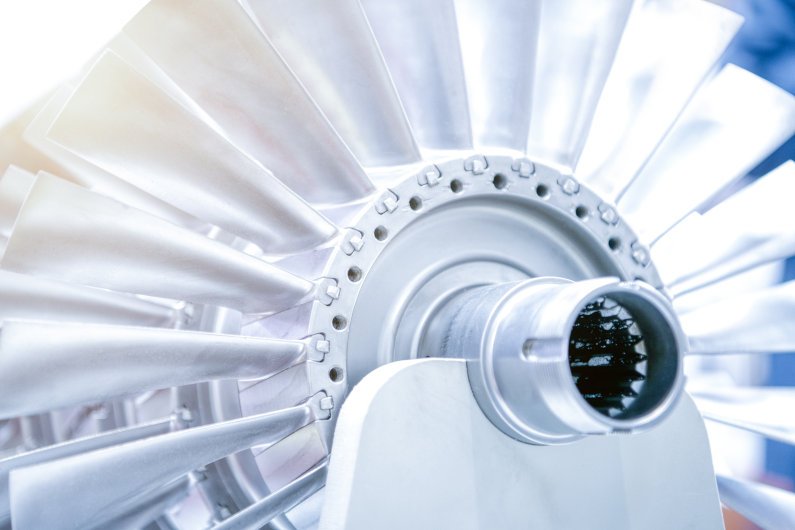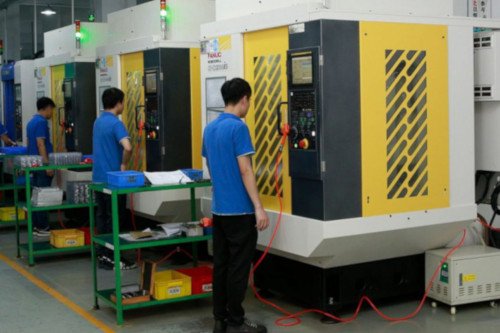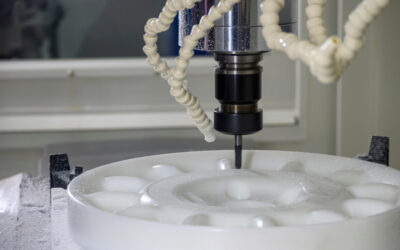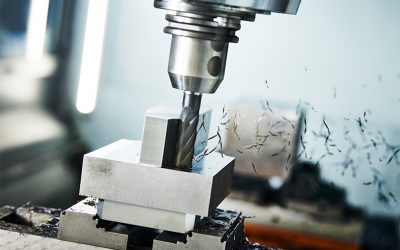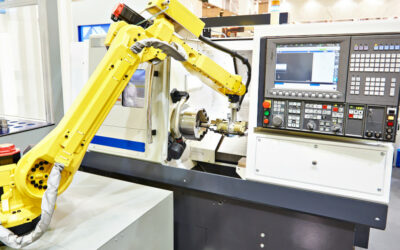What makes a great precision milling machine shop?
This question must have crossed your mind if you’re looking to outsource the manufacturing of your products (or parts) to a third-party precision CNC machining company. Chances are, every manufacturer you contact tells you that they provide the best precision milling services in the world.
But you shouldn’t take their word for it. Instead, you want to make sure you’re asking them the right questions. Their response will help you determine if truly they are the best fit for your precision milling project.
With that in mind, let’s take a look at five essential questions you need to ask every machine shop before doing business with them.
Question #1: What Certifications Do You Have?
This is one of the most important questions you must ask a machine shop. Top-tier machine shops are ISO 9001 certified, meaning that they adhere strictly to statutory and regulatory requirements by ensuring high-quality parts.
Another crucial certification you want to be sure the manufacturer has is ISO 14001. An ISO 14001 certified machine shop adheres to the requirements for an efficient environmental management system. They efficiently utilize your resources and reduce wastage, allowing you to drive down manufacturing costs.
You may also have to ask about specific certificates if you’re looking to create parts for specific industries. For example, if you want to fabricate parts that will be used in the medical industry, then you should opt for a manufacturer that meets all the requirements in ISO 13485.
Question #2: What Industries Do You Serve?
This may seem obvious, but most times, we tend to quickly outsource manufacturing to so-called precision machining companies without even asking if they can meet the requirements of the industries we serve.
Some industries demand extremely complex parts to be made from specialized engineering materials that are difficult to machine. A good example is the aerospace industry, where parts are complex, enormous, and made of specialty plastics, composites, and lightweight metal alloys. Only a few third-party machine shops can meet the strict requirements of the aerospace industry. (Related Post: CNC Machining Aerospace Parts: 5 Things You Need to Know).
The electronics industry demands miniaturized electronic parts with tolerances as small as 4μm. A slight mistake during machining, and you can be sure that the machined electronic component will be unusable for its intended purpose.
Question #3: What Type of Milling Equipment Do You Have?
Milling equipment comes in many varieties and with different capabilities. Conventional milling machines feature a cutting tool that rotates against the direction of the feed and relies on operators to control the cutting tool and machine the parts. In contrast, CNC milling machines operate independently through the use of computer numerical control (CNC) technology.
You want to be sure your third-party manufacturer will be utilizing CNC milling technology for your project. Not only will this ensure high-quality CNC machined parts, but it will also reduce labor costs and ensure consistency, especially if you’re looking to manufacture large volumes of identical parts.
Evidently, not all machine shops utilize CNC technology, but even among those that do, there are several types of CNC milling machines that can be used for your machining project. 2-,3-, and 4- axis CNC milling machines are suitable for machining parts having simple designs, whereas 5-axis machines are best suited for machining complex geometries.
Question #4: How Experienced are Your CNC Operators?
The majority of the product recall issues that arise in the machining industry are traced back to the level of expertise of the CNC operators, technicians, or engineers. You want a machine shop with highly qualified technicians capable of identifying design flaws, suggesting feasible design modifications, and fabricating high-quality parts.
Question #5: How Do You Manage Quality Control?
We can talk about certifications, milling equipment, and the level of expertise of the machine operators all day, but the quality of machined parts you’d be getting still depends on the quality management system your manufacturer has in place.
Top-tier manufacturers have a dedicated team of quality control experts who carry out various article inspections using height gages, programmed probes, microscopes, and coordinate measuring machines (CMM), among others. (Related Post: What You Need to Know About Quality Control for CNC Machining)
Gensun Precision Machining has been in business for nearly two decades serving companies in many industries across the globe. We provide high-quality CNC precision machining services, and our facility is ISO 9001:2015 and ISO: 14001:2015 certified.
Tell us about your project today, and our highly experienced engineers and quality control experts will ensure you get high-quality parts exactly to your specifications.

